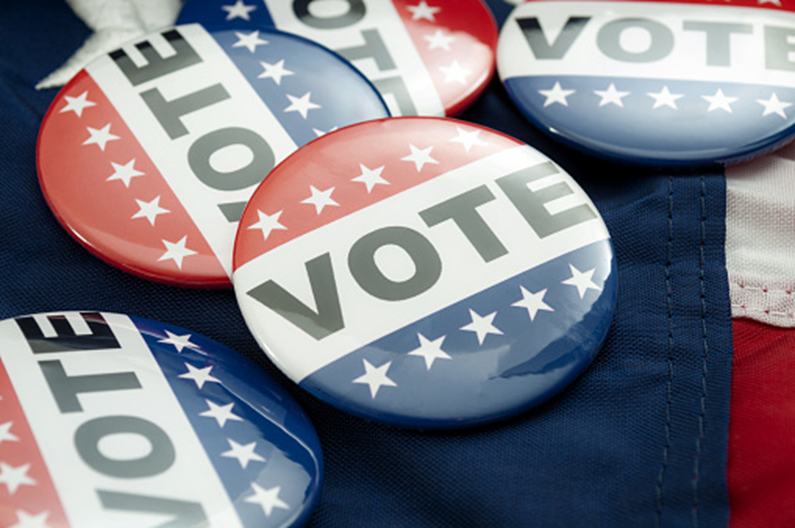Harry Targ
I was a political science teacher for over fifty
years. As a person of the left, I confess, I regarded much of the
“professional” literature in the field as either irrelevant to the day-to-day
lives of most people, wrong in methods and substance, or manifestations of
prevailing ideologies. I have begun to feel that my initial conclusions about
the discipline were short-sighted.
Consequently, I have begun, with the help of friends,
to review some of the literature on elections and voting behavior and various
public opinion surveys. I have been drawn to reflect on several findings from
the literature and polling data that may bear on electoral activism today. For
example:
Generalizations About Party, Issues and
Voting Behavior:
--The best predictor of voting behavior is the voter’s
self-identified party preference (and most people “learn” their party
preferences early in life).
--People who identify themselves as “independents” are
less likely to vote.
--Issues usually do not matter for voters, However, in
unusual times (such as the high inflation and unemployment in 1980 or enduring
wars in 1968 or 2008) issues could have some impact on voting behavior.
--When issues matter economic ones are a primary
motivator of voters.
--“The Politics of Resentment” (a title to a book by
Katherine J. Cramer on Wisconsin voters), particularly over the last decade,
has impacted on changing voter preferences and/or non-voting.
Domestic Concerns of Voters in 2022:
--Inflation is the biggest concern today.
--Less than half of voters polled think that the
unemployment rate is lower than it was in 2021.
--Less than half of voters know that wages are rising
faster today that ten years ago.
--In other words, when potential voters raise concerns
about economic issues they often are ill-informed about key economic
performance indicators.
Many potential voters are not familiar
with prevailing policies and those being discussed such as:
--The 1.2 trillion bipartisan infrastructure package
including building roads and bridges, investing in rail and high speed internet
and other public transportation.
--The $1.9 trillion COVID relief program
-- The Biden Proposal to Build Back Better; a large
expenditure on social and economic needs such as child care, education, health
care, labor, and the environment.
Party identification has not changed much
since the 1990s and earlier
On non-voters
--As the percentage of nonvoters narrowed to the smallest proportion in
120 years, the 80 million Americans who didn’t vote in 2020 had deep-seated
reasons for not casting ballots.
--The survey of 1,103 nonvoters and 740 voters conducted by Ipsos from
Nov. 4 to Nov. 13 found that those who didn’t vote in the 2020 election
are set in their belief that voting just doesn’t matter. Four out of five
people polled in November, 2020 said
they made the choice not to vote for that reason.
On Domestic Programs and
Military Spending:
--While the Build Back
Better program is stalled in Congress, bipartisan support has emerged to
authorize $3.4 billion in military aid to Ukraine since the February 24 Russian
invasion of Ukraine.
--Since
August, U.S. military aid to help Ukraine repel Russia has surpassed $3 billion
under Biden. The aid has provided more than 1,400 Stinger anti-aircraft
systems and some 5,500 Javelin missiles. Biden provided another $800M Wednesday
to widen Ukraine's military capabilities for a drawn-out war (an April 15, 2022 USA
Today story).
Conclusions that may be
relevant to electoral activists today
1.The percentage of voters who are less committed to a party or can be
moved are small.
2.A large pool (80 million) of those who need to be “reached” are
non-voters.
3.For those who need to be reached: non-voters, ‘independents”, less
committed Republicans should be approached. For many of these issues will
matter.
4.When issues matter, they are usually economic.
5.Progressive Democrats should run on economic issues, publicize those
aspects of Biden’s program that have been adopted, and identify who opposed the
Build Back Better program.
6.Such an outreach might include opposing the transfer of scarce
financial resources to the military and the Ukraine war.
7.In sum, candidates and organizers should campaign around economic
issues. Racism and/or militarism may be barriers to the mobilization of voters
to make progressive choices. In response economic issues should be stressed in
conjunction with strong anti-racist and anti-militarist stances. And prospective
voters should be reminded of how divisive these issues are in covering up
grotesque economic injustices.
|
• |






